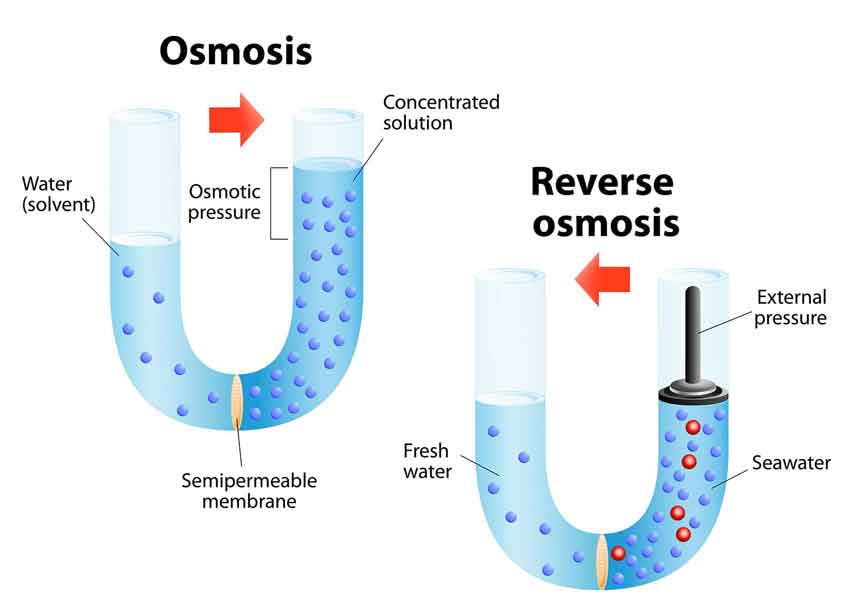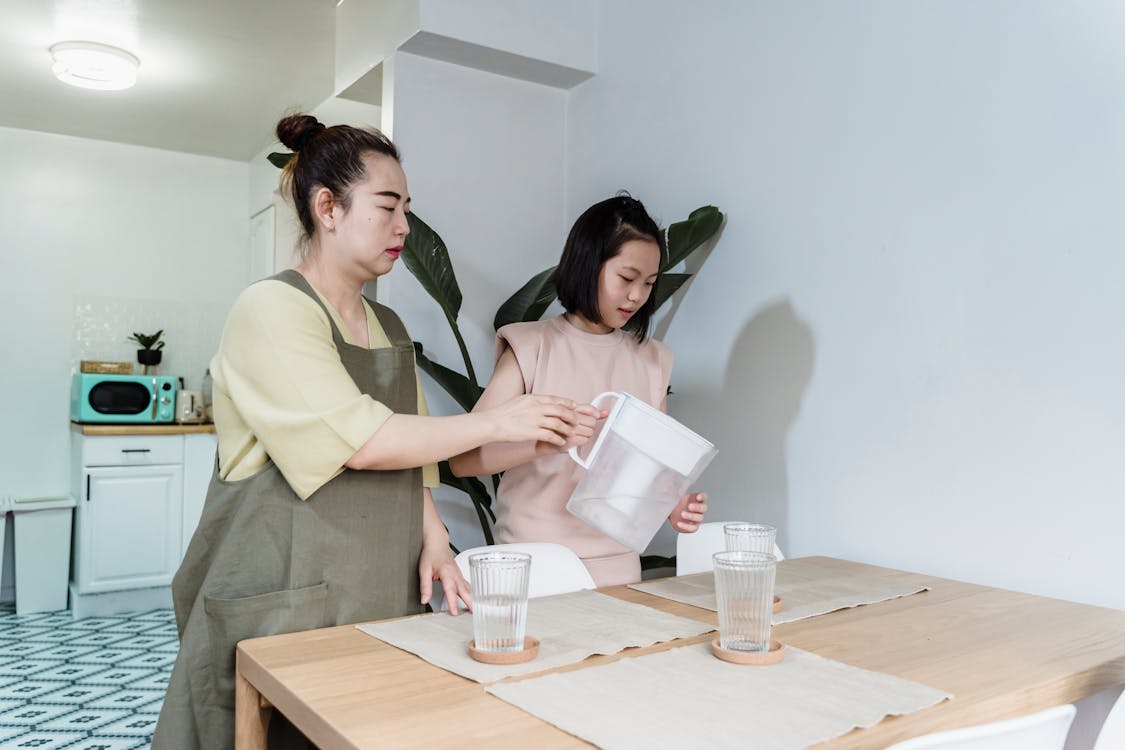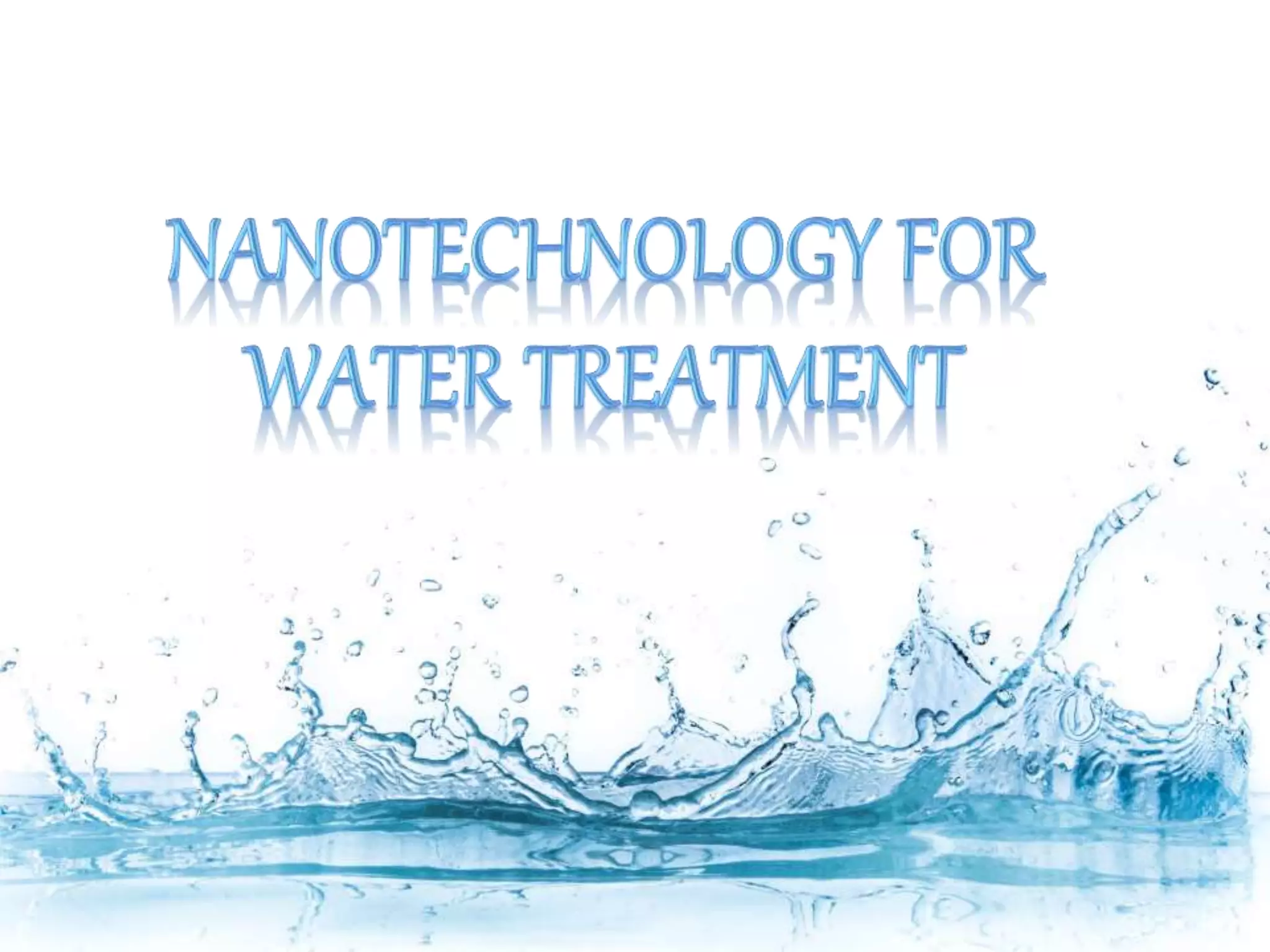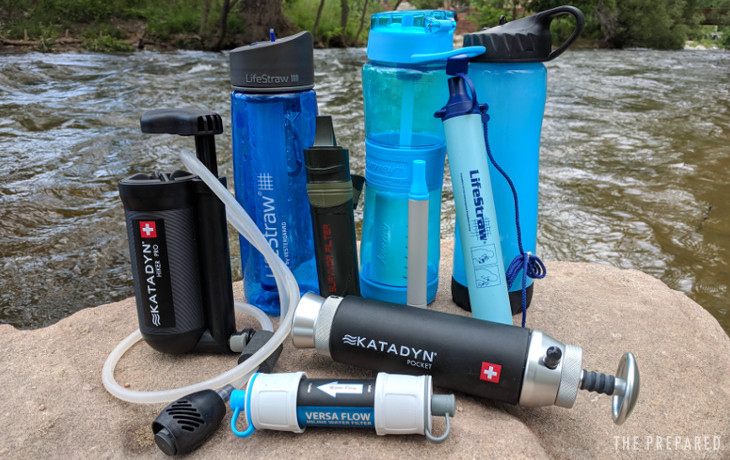The Power of Filtration: Removing Contaminants from Your Water

Introduction
Clean water is essential for our well-being. We use it for drinking, cooking, bathing, and more. It’s the foundation of a healthy life. However, the reality is that our water sources can contain various contaminants that pose risks to our health. That’s where filtration comes in.
The Role of Filtration
Filtration is the process of removing impurities, particles, and contaminants from water. It acts as a barrier, preventing harmful substances from entering your home. Whether it’s a simple pitcher filter or a whole-house system, filtration plays a crucial role in ensuring the water you use is safe.
Types of Contaminants
Before diving into filtration methods, let’s understand the types of contaminants that can lurk in your water and the health risks they bring.
Common Water Contaminants
- Bacteria and Viruses (H1): Harmful microorganisms that can cause illnesses.
- Heavy Metals (H2): Elements like lead and mercury that can have severe health impacts.
- Chlorine and Chloramines (H3): Disinfectants used in water treatment but can have adverse effects on health.
- Pesticides and Chemicals (H4): Agricultural runoff and industrial pollutants that find their way into water sources.
Health Risks Associated
- Drinking water contaminated with these substances can lead to gastrointestinal issues, neurological problems, and even cancer. It’s essential to eliminate them.
Filtration Methods
Now that we know the enemies, let’s explore the heroes – filtration methods that can safeguard your water.
Mechanical Filtration
Mechanical filtration involves passing water through a physical barrier that traps particles. It’s effective against sediment, rust, and larger impurities. It’s like a sieve for your water.
Activated Carbon Filtration
Activated carbon filters use a porous material that adsorbs impurities like a sponge soaking up spills. They’re excellent at removing chlorine, bad odors, and taste.
Reverse Osmosis
Reverse osmosis forces water through a membrane to remove even the tiniest contaminants, including heavy metals and chemicals. It’s like a molecular-level purifier.
UV Purification
UV purification systems use ultraviolet light to kill bacteria and viruses in your water, rendering them harmless. Think of it as a light saber for germs.
Choosing the Right Filtration System
With various filtration methods available, how do you choose the right one for your needs? Let’s break it down.
Factors to Consider
- Water source and quality
- Budget
- Space available for installation
- Maintenance requirements
Water Quality Testing
Before making a decision, it’s a good idea to test your water’s quality. Many filtration companies offer testing services to help you pinpoint your specific needs.
Benefits of Clean Water
Why go through the trouble of filtration? Let’s explore the benefits.
Health Benefits
Clean water reduces the risk of waterborne diseases and long-term health issues. It’s a fundamental aspect of a healthy lifestyle.
Environmental Impact
Using clean water reduces the need for plastic bottled water, which helps protect our environment from pollution.
Installation and Maintenance
Once you’ve chosen your filtration system, it’s time to think about installation and upkeep.
DIY vs. Professional Installation
Decide whether you’re comfortable installing the system yourself or if you should call in professionals for the job.
Regular Maintenance Tips
Learn how to keep your filtration system working efficiently by following some simple maintenance steps.
Comparing Filtration Systems
To help you make an informed decision, let’s compare the pros and cons of different filtration methods.
Case Studies
Real-life examples of filtration success stories that highlight the positive impact of clean water.
Water Filtration Myths
There are several misconceptions about water filtration. Let’s debunk some common myths.
Conclusion
In conclusion, clean water is vital for our health and well-being. Filtration is the key to ensuring the water you consume and use in your daily life is free from contaminants. It’s an investment in your health and the environment.
FAQs (Frequently Asked Questions)
1. How often should I replace my water filter?
- The frequency of filter replacement depends on the type and brand of your filtration system. Refer to the manufacturer’s guidelines, but a general rule of thumb is every 3-6 months.
2. Can I use a single filtration system for my entire home?
- Yes, whole-house filtration systems are available and can provide clean water for your entire home, including showers and faucets.
3. Are there any natural methods for water filtration?
- Yes, some natural methods like boiling and using ceramic filters can help purify water to some extent, but they may not be as effective as modern filtration systems.
4. Is bottled water a good alternative to filtration?
- Bottled water is an option, but it’s not environmentally friendly and can be costly in the long run. A reliable filtration system is a more sustainable choice.
5. Can I install a filtration system in my rented apartment?
- Depending on your rental agreement and the type of filtration system, it may be possible to install a filter. Consult with your landlord and consider portable or non-invasive options if needed.












